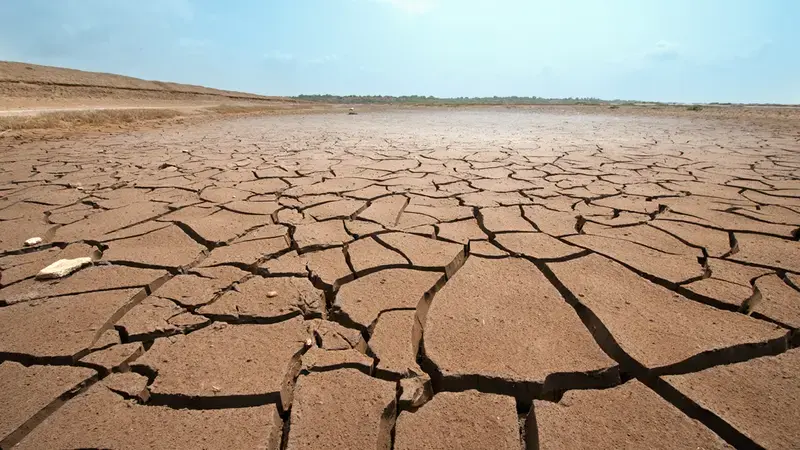Adapting to temperature rises

The dry areas are particularly vulnerable to climate change. Agricultural research for development will help communities cope with rising temperatures and water scarcity – strengthening their resilience, preventing displacement, and developing the lessons that other regions can use to support their own adaptation strategies.
Scientists project that even if the world fully implements present mitigation commitments, global temperatures could rise up by 4°C before the end of the century. It’s an understatement to say that this would be devastating: agricultural production would suffer - exacerbating hunger and malnutrition; in tropical areas heat waves and cyclones would wreak havoc; and coastal cities would become flooded. In general, the dry regions are expected to get drier and the wet regions wetter.
Food security would be a global challenge even without climate change. The world’s population is projected to reach nine billion by 2050, and that means the demand for food could increase by as much as 100%. Climate change will make things worse, affecting everything from production to the price of basic food.
If countries in the Middle East and North Africa (MENA) – the most food-import-dependent region, with the lowest freshwater resources and a fast-growing population – can achieve food security by adopting innovative science-based policies, it is possible for the rest of the world to navigate its way through unprecedented extremes.
The threat posed by climate change
The MENA region imports 50% of its wheat and barley, 70% of its rice and 60% of its corn consumption. This import dependence is a direct result of water and land constraints. The dependence on international markets means the MENA countries would be particularly vulnerable to food price fluctuations. Crop yields are also sensitive to extreme temperatures, and agriculture is a source of income for 40% of the region’s population, rendering it particularly vulnerable.
Research for development initiatives
ICARDA partners with national and international institutes to build climate-resilient farming systems. Recent initiatives include a joint breeding program with CIMMYT in Sudan, which identifies heat-tolerant, super-early varieties of wheat. ICARDA has also supported agricultural research in a dozen African countries, releasing 50 new varieties and increasing wheat production by up to two metric tons. The institute’s germplasm collection holds over 155,000 seed samples – or “accessions” – of barley, wheat, chickpea, faba bean, and lentil. In Egypt, ICARDA scientists conducted an association mapping study under extreme heat, identifying three regions that harbor important genes for heat tolerance in sheep.
These initiatives will help farmers contend with less rainfall, hotter conditions, saline intrusion from the sea, and soil degradation. The key is to produce crops that use less water. The overuse of aquifers has caused salinization throughout the region, especially in heavily-populated coastal areas. Managing inflows of water and recharging groundwater can improve irrigation. Raised-bed planting could increase grain yield up to 30% while saving 25% of irrigation water. ICARDA is developing ultra-low-energy drip-irrigation systems using solar power with MIT scientists. Enhancing the rain-fed production systems can help increase crop yields.
Promoting alternative livelihoods
Inevitably, some areas will go out of production and may not be viable for agriculture in the face of climate change. Smallholder farmers need assistance to transition out of agriculture to alternative livelihoods. ICARDA will work with national partners to provide alternative livelihoods to smallholder farmers, improving markets and safety nets and managing risks.
While more data are necessary to better understand the geographical impacts of climate change, we can expect a reduction in agricultural production in the dry areas, including in the MENA region, and growing food insecurity. The pioneering work of ICARDA and its partners could set examples that the rest of the world could adopt to help feed itself.
ICARDA will be studying these issues today during a side-event at COP 23. The event – Limiting temperature rises to 1.5 ֯C: implications for food security, displacement and migration – is being co-organized with the Pacific Island Development Forum (PIDF).
